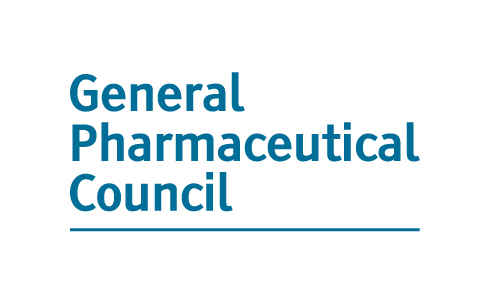What role can technology play in supporting pharmacists?
Mike Hobby, Sales Director at Tutela explores the changing role of the pharmacist and the increasing demands for the safe management of medicine. With ever tighter controls expected by regulators, how will technology support the pharmacist and elegantly mitigate the challenges and pitfalls ahead in the auditing safe handling of drugs? Read this taster and then join his session at 15.25 on 8th October for further insight and entertainment.
Expected Future Challenges in Pharmacy
Pharmacy is being asked to work with an ever-expanding team of healthcare professionals in the NHS’s requirement to provide the best healthcare. Yet, there is increasing pressure on the NHS budget, a growing population, massive swings in age demographics, overlaid with the need to treat long term conditions such as diabetes in the community.
We know from recent surveys that GPs are becoming part-timers; indeed, only last year a study by the King’s Fund found that one in ten trainee GPs actually plan to work full-time. Whatever the underlying reasons and motivations, the effect of this on the gap between GP
resource and patient needs will only get wider. This will impact on the service a patient receives and affects patient trust if access to the same ‘face’ is denied at the surgery. We can safely predict that it may well be the case that the pharmacist could be the only ‘face’ a patient recognises in future.
Can we be absolutely sure, that medicines are being securely stored correctly?
Whether it is in the GP’s surgery, on a ward in a hospital, a room in a care home, a community-based clinic, or at home, patients need access to safe medicines when they are at the most vulnerable. If Pharmacists are being asked to take a wider role in community medicine, will current temperature and control processes be sufficient in future?
With the current the rise in online prescription drugs sold illegally or of dubious provenance, retail high street pharmacists are ideally placed to stand out as examples of safe practise and trusted advisor. The retail pharmacist can set an increasing high standard of care, reinforcing the existing high levels of trust in their services, but it will need technology to do a lot of the heavy lifting to meet the challenge
Do we need independent monitoring?
The simple answer is yes, but not just monitoring, but active alarming and callout notifications of failing fridge or unauthorised access. The storage of vaccines, bloods, insulin and a range of medicines don’t just become inactive, they can become outright dangerous if used, putting lives at risk.
What role can technology support?
Reassuringly the technology exists right now to enable the high levels of compliance that will be required by the GPHC, who in future we expect to be acting in the consumer’s eyes as the “TripAdvisor” of healthcare.


)
)
)
)
)
)
)
)
)
)
)
)
)
)
)
)
)
)
)
)
)
)
)
)
)
)
)
)
)
)
)
)
)
)
)
)
)

.png/fit-in/500x500/filters:no_upscale())
)
)
)
)
)
)
)
)
)
)
)
)
)
)
)
)
)
)
)
)
)
)
)
)
)
)
)
)
)
)
)
)
)
)
)
)
.png/fit-in/1280x9999/filters:no_upscale())
)
)
)
)
)
